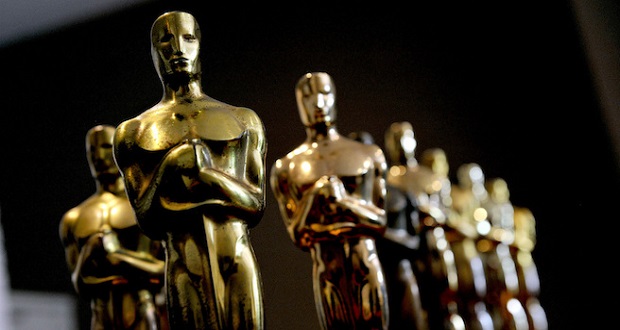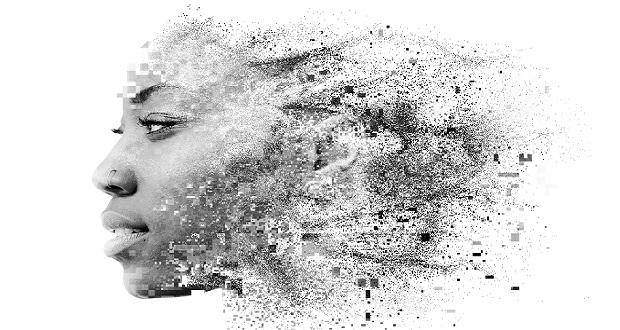
Do white people make better actors than black people? Academy members seem to think so. After Academy Awards nominations were recently announced, the lack of nods for people of color in acting categories led to plenty of online grumbling, reinvigorating #OscarsSoWhite, the hashtag birthed last year after Oscar nominations similarly excluded minority actors.
The Academy’s president, Cherryl Boone-Isaacs, is aware that black people can’t act.
Well, no, that’s not true. Boone-Isaacs, a black woman, remarked, “The whole discussion about diversity is a great discussion, because now it’s at the top of everybody’s mind, not just the Academy’s.” Except, she didn’t say that in response to recent nominations. She said it last year at an Academy reception.
I’m not sure what’s at the top or back of anyone’s mind, but I do know what stubbornly remains plainly obvious: Academy members think white people make the best actors. This is not an assumption. This is a fact. Their votes prove it.
Of course, voting rationales are more complex and nuanced. Most likely, Academy members are subconsciously ignoring people of color. They’re probably reflexively paying greater attention to actors who look more like themselves. Consequently, you can’t vote for someone you don’t see.
Furthermore, as UCLA’s 2015 Hollywood Diversity Report shows, white male executives run the top three talent agencies and major movie studios. In fact, in 2013, only 6 percent of CEOs/chairs and 8 percent of senior management in the film industry were not white. You can guess the skin color of people they’re likelier to hire—despite increasingly diverse movie audiences.
Chris Rock, the host of the upcoming Awards, wrote about his field last year in The Hollywood Report: “It’s a white industry. Just as the NBA is a black industry. I’m not even saying it’s a bad thing. It just is.”
It just is is not OK, insists Jada Pinkett-Smith. Along with other celebrities, she has stated that she will not attend or watch the telecast. Does that mean you also shouldn’t attend the Oscars? (As if!) More realistically, should you instead turn off your TV or perhaps go see Will Smith in Concussion? In other words, does a viewing boycott make sense?
Firstly, unless Nielsen is tracking your TV habits, your protest will have no impact. Secondly, it’s worth thinking about whom the boycott would be targeting. That’s not clear to me. But something else is clear to Spike Lee, who wrote on Instagram: “The Academy Awards Is Not Where The ‘Real’ Battle Is. It’s In The Executive Office Of The Hollywood Studios And TV And Cable Networks. This Is Where The Gate Keepers Decide What Gets Made And What Gets Jettisoned To ‘Turnaround’ Or Scrap Heap. This Is What’s Important.” Lee went on to explain that until more minorities are making executive decisions, nominees will remain “lily white.”
Certainly, he’s right. But there’s something you can do, too. Rather than pointlessly boycott the Oscars, go see movies that aren’t, you know, so lily white. One of my favorite movies last year was “The Boy Next Door,” starring Jennifer Lopez, whose cinematic genius the Academy also did not recognize. Did you see it? You should’ve.
Yes, the Academy members voted. But so can you.


















